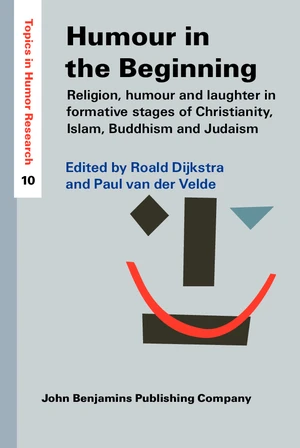Four possible examples of humour, jokes or puns from early India are discussed: two from Buddhism (the KhaggavisÄá¹a-sutta or âSong of the Rhinocerosâ and an example from the sermons of the Buddha on the mythical origin of the Brahmin caste system) and two from the á¹gveda. It appears that humour quickly loses its value and meaning once the original context is forgotten. What was once maybe intended as a joke or persiflage may soon change into something serious. What was then maybe cynically intended had to be reinterpreted to fit in the authoritative tradition. For recognizing what may have been humorous, we have to reconstruct the original context, meanwhile accepting the influence of changing contexts on the reception of ancient texts.
Price history
Oct 16, 2022
€127.54

